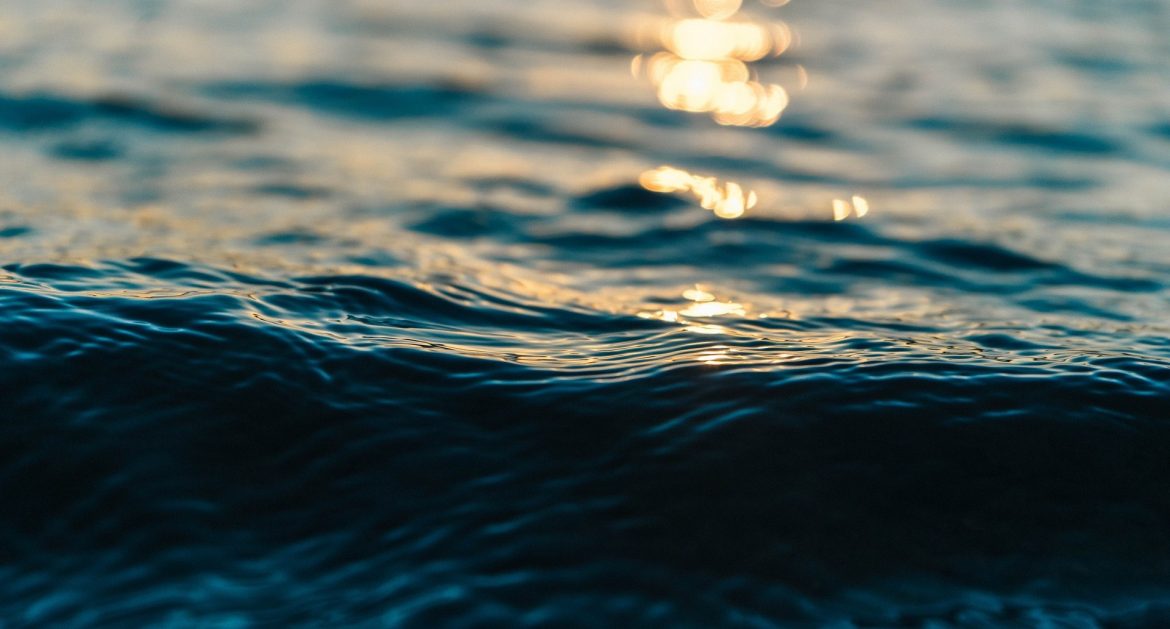A British-led team of scientists has established that a sliver of cool surface water less than 2mm deep helps oceans absorb carbon dioxide, after months of voyages across the Atlantic painstakingly measuring gas and temperature levels.
The scientists observed that the subtle difference in temperature between the “ocean skin” and the layer of water beneath it creates an interface that leads to more CO2 being taken in. They used highly sensitive equipment to measure the water temperature and to spot and record tiny differences in the amount of CO2 in the air swirling towards the ocean surface and away again.
The work is seen as important in the development of climate modelling because oceans absorbs about a quarter of human carbon emissions.
Daniel Ford, who is a research fellow at the University of Exeter, said: “With the Cop29 climate change conference taking place next month, this work highlights the importance of the oceans, but it should also help us improve the global carbon assessments that are used to guide emission reductions.”
Ford was onboard the research ship RRS Discovery, which sailed between Southampton and Punta Arenas in Chile. He said: “The cruise involved seven weeks of keeping all the different instrumentation working together to collect the wide array of measurements used in the study.
“We went through very rough seas in the north Atlantic and near the Falklands, which was challenging, but we had respite when near the equator with mirror glass ocean.”
The 2mm sliver of water is slightly colder because of the “cool skin effect”, which is caused by heat leaving the water as it is in direct contact with the atmosphere.
The results, published in the Nature Geoscience journal, have been passed on to the Global Carbon Budget assessment, a worldwide consortium of scientists set up to establish a common understanding of the Earth’s carbon cycle.
Prof Jamie Shutler, an ocean and atmospheric scientist at the University of Exeter, said the “ocean skin” was very slightly cooler than the layer of water beneath it. The absorbing of CO2 is controlled by the concentration difference in gases across these layers.
Shutler said the effects were first suggested in the early 1990s. “But the key missing piece – the field evidence – eluded us,” he said.
Story was adapted from the Guardian.
